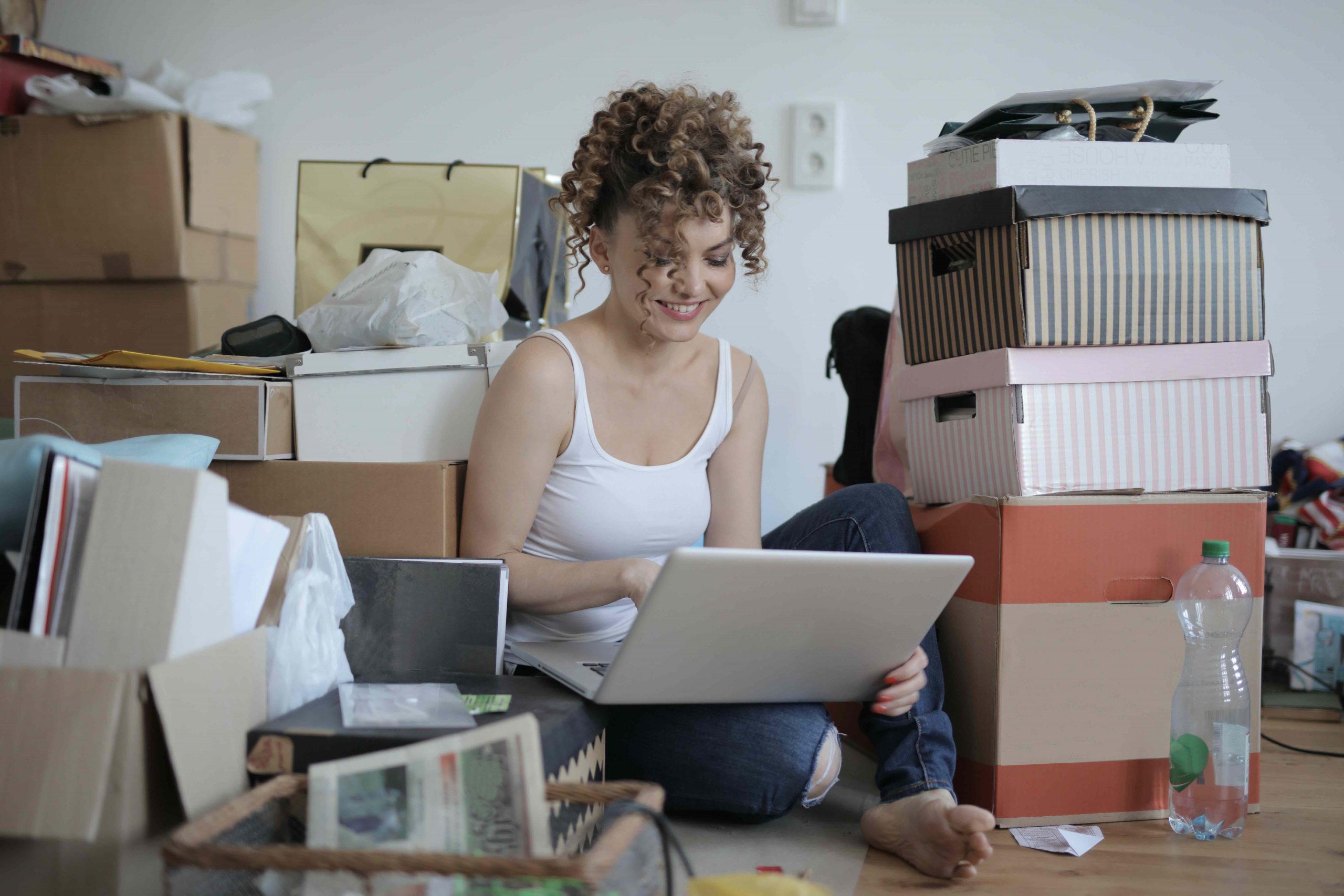Decluttering your home is a beneficial practice, whether you’re getting it ready for sale or simply seeking a more peaceful environment. It saves space, reduces stress, and makes your daily routines easier. However, relying on sporadic decluttering sessions every few months won’t suffice if clutter keeps accumulating overnight. To effectively combat clutter, it’s crucial to prevent it from building up in the first place. Here are seven tips to help you prevent clutter and enjoy a junk-free life.

- Make Decisions about Clutter Promptly
Clutter often arises from postponed decisions. It’s tempting to set aside items like junk mail or unwanted gifts, thinking you’ll deal with them later. Unfortunately, they end up lingering and turning into piles of clutter that can be overwhelming. Break the habit of procrastination and address dubious items immediately. Being decisive and tackling potential clutter head-on is one of the best ways to maintain a tidy household.
- Schedule Daily Cleaning Sessions
It’s easy to postpone cleaning tasks, but doing so allows clutter to accumulate and complicate your life unnecessarily. Recognize that cleaning and keeping clutter under control are vital for smoother everyday life, more quality time with loved ones, and pursuing activities you enjoy. Consider cleaning and decluttering as essential tasks that deserve a place in your daily schedule, even if it’s just 15 to 20 minutes each day.
- Clean Up after Each Task
Leaving remnants of everyday activities around the house quickly leads to clutter. Develop a habit of cleaning and putting things away immediately after completing tasks, whether it’s cooking or paperwork. Make tidying up a natural part of your process for every activity. Embracing this habit will contribute to a cleaner, more organized home and life.
- Curb Impulsive Shopping
Impulse purchases of unnecessary items only waste space and money. When you feel the urge to buy something, jot it down and wait for a few weeks. If you still believe the item is worthwhile after the waiting period, go ahead with the purchase. However, more often than not, you’ll realize that you didn’t really want or need the item in the first place. This practice helps you make more deliberate buying decisions.
- Establish Routine Methods for Discarding Items
Having designated outlets for getting rid of items is crucial for successful decluttering. Find nearby thrift stores that suit your preferences and plan where to take items ahead of time. Keep a donation box and when it’s full, drop it off at the store during your regular commute. Set up online platforms like eBay or Craigslist for selling items, and explore consignment shops if hosting garage sales isn’t feasible. Additionally, locate recycling centers for plastic, electronics, and paper (after shredding). Find disposal options that work best for you and use them consistently.
- Embrace a Paperless Approach
Paperwork is often a major source of clutter. Opt for online alternatives such as electronic banking, online bill payments, and digital tax filing to minimize paper clutter. Going paperless not only reduces short-term clutter but also eliminates the need to store boxes filled with old records and bills. It’s a more environmentally friendly choice as well. Consider digital magazines and e-books to enjoy a vast library without physical volumes taking up space.
- Streamline Gift Exchanges
Gift exchanges can contribute to accumulating unused possessions that clutter your home. If you notice multiple unused gifts taking up space, it’s time to reassess your gift-giving practices. For exchanges with colleagues, extended family, or friends during holidays, suggest exchanging cards instead. For close family and friends, encourage everyone to create detailed wish lists to ensure practical and appreciated gifts. When it comes to children, gently suggest single meaningful items or experience-based gifts like memberships to zoos or museums, avoiding excessive.



